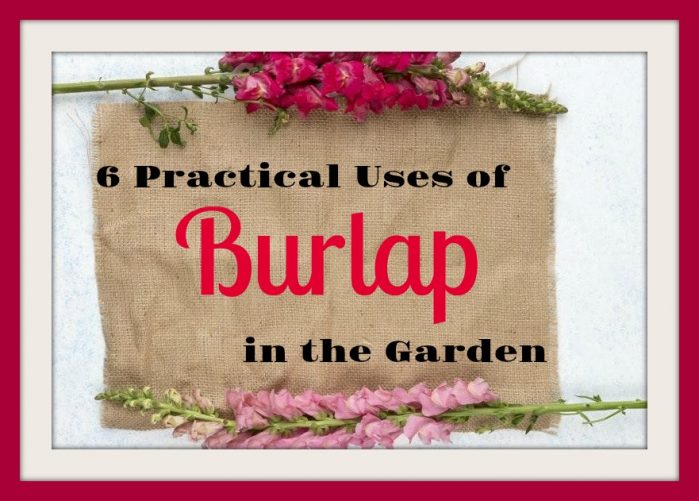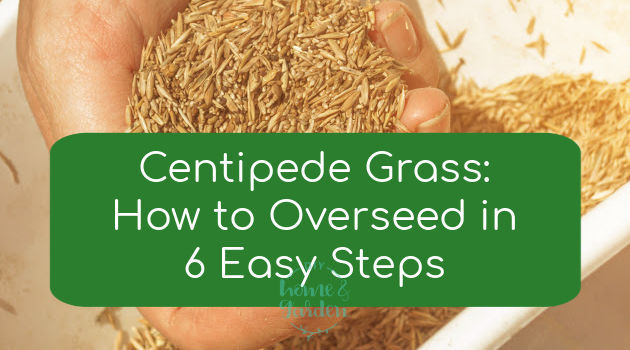Grass clippings. Do you mulch them or bag them? That question is a query that weighs on the mind of almost every homeowner competing for the greenest lawn in the neighborhood. As with many home projects, the answer might not be as clear-cut as you’d think. Indeed, there are pros and cons to both sides of this discussion.
We dug into the research and will share with you why you might want to mulch your grass clippings for a healthier lawn. Or, on the other hand, do you bag them up and dispose of them?.
Nine Pros of Mulching Your Grass Clippings
Let’s start with the positive. We’ll share why mulching might be a good thing for you.
1 – Grass Clippings Can Protect Your Lawn From Frost Damage
If you live in a cold zone that is prone to early frost, grass clippings may serve as an effective protective layer against early frost. Instead of the frost forming directly on the blades of grass, they will land on this barrier and melt away in the morning sun.
An article published by the Arizona Cooperative Extension concurs. The white paper notes that this method can “protect shallow-rooted plants from freeze damage and frost.”
2 – This Practice May Slow Down Soil Erosion
Research published by Iowa State University warns that erosion is a severe problem that must “be an integral part of any soil management system to improve water and soil quality.”
Leaving the cut blades lie after you mow the lawn adds weight, which can help protect your soil from erosion. This practice might be beneficial if you live in a rainy climate or have loose dirt that’s prone to eroding.
3 – Mulching the Grass Clippings Can Help Deter Weeds
When you add this layer to the lawn, you block the sunshine from the seeds of pesky weeks. By depriving them of that vital sunlight, you create unfavorable conditions so that they cannot germinate. Also, any that do manage to take root will be weaker plants; thus, they are easier to manually remove.
4 – Eliminate the Need to Take Yard Waste to Your Local Landfill
If you send your spent yard waste to the landfill with your weekly waste collection, you might be adding to a headache. As organic matter in the landfill decomposes, it releases methane, which gives trash its sour, distinctive odor. By doing like the promotions say and “letting them lie,” you make an environmentally-responsible move.
5 – When You Mulch the Grass Clippings, You Might Mow Less Frequently
That shady barrier of organic matter shades more than the weeds that we mentioned earlier–it also shades your grass. Less sunshine usually means a slower growth rate for the lawn itself. Thus, you may get away with less frequent rounds of mowing, saving on the energy needed to power the mower. One caveat: shady lawn seed mixtures will be less impacted by this practice.
6 – You Feed the Earthworms That Make Your Soil Healthier
The worms that keep your soil healthy and fertile love to munch on grass clippings, especially those that sink down towards the earth into the “thatch” layer. Worm activity makes your soil healthy, as they break up compacted areas to allow for better airflow.
In fact, the University of Nevada at Reno’s College of Agriculture refers to earthworms as “mini-rototillers,” and they call them “truly a farmer or gardener’s best friends.”
7 – Grass Clippings Release Valuable Nitrogen Into the Soil
This yard waste contains nitrogen, a necessary nutrient for your soil. Adding nitrogen is essential for healthier soils because your land can lose this nutrient through water runoff and erosion, according to the scientists at the University of Minnesota Extension Office.
8 – Reduce the Need for Watering
One of the most compelling reasons to leave the cuttings behind is reducing the need for watering. Watering your lawn wastes a precious resource. In the hottest summer months, you can cut back on the strain on the water supply by leaving the cuttings lay. According to the Arizona Cooperative Extension, you will reduce evaporation from the earth’s surface and cut back on water use by as much as fifty percent. Additionally, they note that natural weed control (#3) means that your lawn does not need to compete with weeds for vital moisture.
9 – You Can Save Some Money
Because of the previously mentioned benefits, you can save some of your hard-earned cash on the following two things:
- Fuel for your mower because you’ll cut less often
- Expensive chemical fertilizers because you’ll add nitrogen naturally
Seven Cons of Using Your Grass Clippings as Yard Mulch
Now that you know the pros let’s look at the flip of that coin and learn about the cons.
1 – You Can Suffocate the Grass
Over mulching or applying layers of organics too thick for healthy growth can suffocate your lawn. Because the cuttings create a shaded environment, overdoing it can ultimately stifle growth and cause stunted growth.
2 – Grass Clippings Might Attract Unwanted Pests
Slugs and snails love these cuttings’ cool, moist environment, and they enjoy feasting on the grass. However, they quickly multiply and can overtake your property and eat away not only your lawn but your healthy plants.
Additionally, the extra moisture might become a breeding ground for insects, flies, or ants.
3 – Too Much of a Good Thing Stinks (Literally in This Case)
Too heavy a layer of cuttings can lead to rot as the organics break down and release methane. This can make your yard smell sour or stale. However, you can also easily rectify this situation by raking up the mulch and starting over periodically–if this occurs at all.
4 – Your Yard Might Become Soggy if You Mulch Grass Clippings
Moisture retention is a wonderful thing in a hot or dry environment. However, gardeners in a moist climate might find that they retain too much moisture as they block airflow from drying the lawn. As a result, you may create a soggy or spongy lawn. This impact depends on the slope and drainage of your property and your local weather conditions.
5 – Fungus, Mold, or Mildew Formation
Fungus, mold, and mildew can form in this moister environment, wreaking havoc on your garden. These spores can kill plants and even endanger pets or children who roll in the grass–especially those who have asthma or allergies.
6 – Mowing Might Become More of a Challenge
Mowing the lawn might be more challenging if you mulch the yard with the cuttings. You will be cutting through living grass along with the spent cuttings and thatch. So while you might mow less often, be prepared for a bit of a workout once it becomes necessary. So if you are a person with a push cutter and not up for the exercise, the practice of mulching the cuttings might not be for you.
7 – You Might Get Too Much Nitrogen
Cuttings contain both nitrogen and carbon–but they’re heavier on nitrogen. Again, too much of a good thing can be harmful. The Agricultural Extension Office at the University of Tennessee warns the following:
“Too much nitrogen tends to reduce the lawn’s tolerance to temperature extremes, traffic, drought, and diseases.”
Fortunately, the remedy to this scenario is relatively straightforward–adding carbon-rich materials like dried, cut leaves, or straw.
The Takeaway on Using Grass Clippings as Mulch for Your Lawn
So now the time arrives for asking the million dollar question. Do you mulch your grass clippings for a healthier lawn, or do they do more harm than good?
It appears to boil down to three things:
- Your personal preference: Do you want to cut a thicker lawn less often? On the other hand, are you one of the folks who loves cutting grass? Yes, such people do exist.
- The lay of your land: Do you have a slanted, sloped area that drains quickly and needs help to avoid erosion? Or do you have a flat property where the rainwater pools and collects in puddles?
- Your local weather conditions: Do you live in a dry, hot area where every drop of water matters? Conversely, do you live in a climate where you can barely get the puddles to dry out between rain showers?
If you are in doubt, reach out to your local county agricultural extension office. These experts can provide extensive information on what is best for your local conditions. Besides explaining the best way to deal with grass clippings in your area, they can offer you guidance on every matter regarding your gardening efforts.



